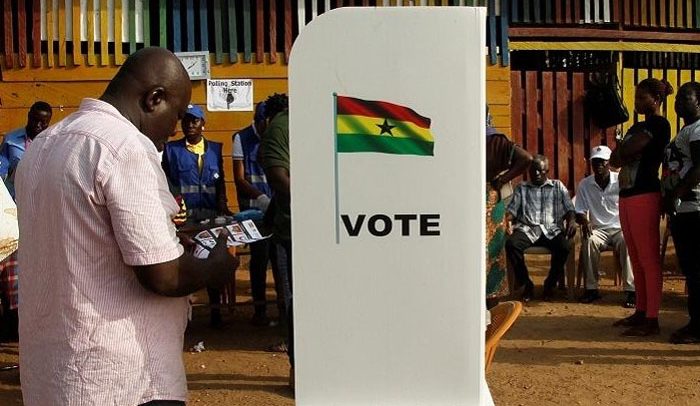
Presenting the Institute for Fiscal Studies (IFS) Assessment of Government’s Fiscal Policy Amidst COVID-19, Dr. Said Boakye stated that, a critical analysis of the economic history of Ghana reveals that fiscal populism has been one of the main causes of the country’s recurring fiscal and economic distress since independence.
“Given the nature of the threat the pandemic posed – and still poses – and the poor fiscal state of the country, the Institute said it was expected that additional expenditures that are not essential in the fight against the pandemic and to alleviate its economic effects on the vulnerable would be rejected by the government, despite 2020 being an election year,” Dr. Boakye said.
The Institute further advised government to carefully guard the existing revenue sources.
The 2020 revised budget clearly demonstrates that the country’s fiscal position has dramatically worsened, as total revenue and grants for 2020 is now projected to be only GHc 53.7 billion.
However, total debt service expenditure is now projected at GHc 38.5 billion while employee compensation is projected at GHc 27.1 billion. The sum of these two expenditure items alone is projected at GHc 65.5 billion, thus exceeding total revenue and grants by as much as GHc 11.8 billion or 22.1 percent of the total revenue and grants.
“Therefore, in 2020, the government has to borrow to the tune of GHc 11.8 billion or 22.1 percent of total revenue and grants before it can fully service its debt and pay for employee compensation alone,” Dr. Boakye said.
In view of the country’s debt situation, the IFS recommends that government immediately seek debt reliefs, including debt forgiveness, from its major creditors so as to minimize the enormous size of the country’s debt service expenditure, which is consuming the biggest chunk of the country’s revenues, projected to be 71.6 percent of total revenue and grants in 2020. Read Full Story


























Facebook
Twitter
Pinterest
Instagram
Google+
YouTube
LinkedIn
RSS